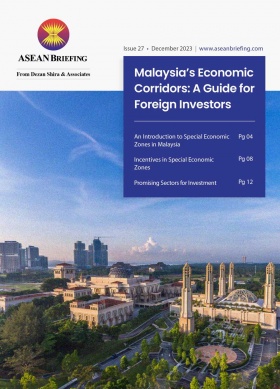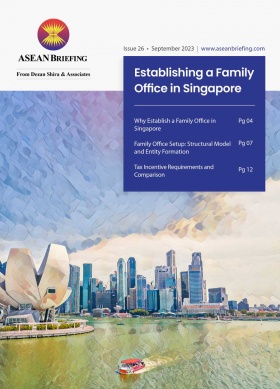Unlocking Opportunities: Malaysia Removes Visa Requirements for Chinese and Indian Travelers
Malaysia has removed visa requirements for Chinese and Indian travelers from December 1, 2023, as the country aims to boost its tourism industry – a vital contributor to the economy.
The visa-free scheme will run until December 31, 2024.
China and India are the fourth and fifth-largest sources of tourists for Malaysia. The country is targeting five million Chinese and one million Indian tourists for 2024 – approximately 1.5 million Chinese visitors that entered the country in 2023. Before the COVID-19 pandemic, approximately 3.7 million Chinese tourists visited Malaysia.
Malaysia’s tourism ministry expects the tourism industry to recover by 2024 with the country recording 26 million visitors from January to November 2023, contributing to more than 49.2 billion ringgit (US$10.3 billion) to the economy. The greatest number of tourists were from Singapore (12.6 million), Indonesia (3.6 million), Thailand (2 million), China (1.4 million), Brunei (904,000), and India (700,000). The government is targeting more than 26 million foreign tourists for 2024.
Tourism is a vital sector of Malaysia’s economy
Tourism is one of the primary sources of income for Malaysia and accounts for approximately 16 percent of GDP.
The government is focusing on new initiatives to make the tourism industry more sustainable, such as through ‘smart tourism’ initiatives which aim to enhance tourist experiences using digital technology. A study by Deloitte estimated that smart tourism can increase Malaysia’s tourism-based revenue to US$110 billion by 2030, an increase from US$25 billion recorded in 2018.
Medical tourism on the rise
A significant portion of the growth in Malaysia’s tourism industry can be attributed to its medical tourism sector.
Malaysia has an internationally lauded healthcare system that is accessible to nearly all the population. The country is aiming to become a medical tourism hub in ASEAN by attracting more than one million medical tourists annually. The success of Malaysia’s healthcare sector can be attributed to investments in world-class facilities resulting in both private and public hospitals providing specialist services in addition to training medical practitioners abroad.
The healthcare sector operates on a two-tier system: a government-based universal healthcare system and a highly effective private healthcare system. The sector is expected to grow to 127 billion ringgit (US$30 billion) by 2027, fueled by increasing demand for healthcare services from an aging population, rising affluence, and increasing life expectancy.
Malaysia has some of the lowest medical fees in the world (some 40 percent lower than the US and UK) with the government subsidizing up to 98 percent of healthcare costs. In 2005, the Ministry of Health established the Malaysia Healthcare Travel Council (MHTC), designated to facilitate and promote the country’s healthcare travel industry by establishing public-private partnerships at home and abroad.
The MHTC provides an all-encompassing service to foreign clients, such as providing localized outreach through representative offices in Indonesia, Vietnam, and Myanmar. Their services also extend to assisting the procurement of medical visas in conjunction with the Immigration Department of Malaysia.
Specialized fields
Malaysia is carving itself as a provider of specialized treatments, carving a niche for fertility and cardiology treatments, enabling the country to compete with world-class medical centers across Asia.
The country has over 30 advanced heart treatment centers, which includes the renowned National Heart Institute which has a reputation of being among the best in the continent. The Institute performs over 10 cardiac procedures annually and was the first country in the Asia Pacific to implant a Micra AV pacemaker — the world’s smallest pacemaker. Further, the success rate of in vitro fertilization (IVF) in Malaysia is high, around 55 to 60 percent.
About Us
ASEAN Briefing is produced by Dezan Shira & Associates. The firm assists foreign investors throughout Asia and maintains offices throughout ASEAN, including in Singapore, Hanoi, Ho Chi Minh City, and Da Nang in Vietnam, in addition to Jakarta, in Indonesia. We also have partner firms in Malaysia, the Philippines, and Thailand as well as our practices in China and India. Please contact us at asean@dezshira.com or visit our website at www.dezshira.com.







